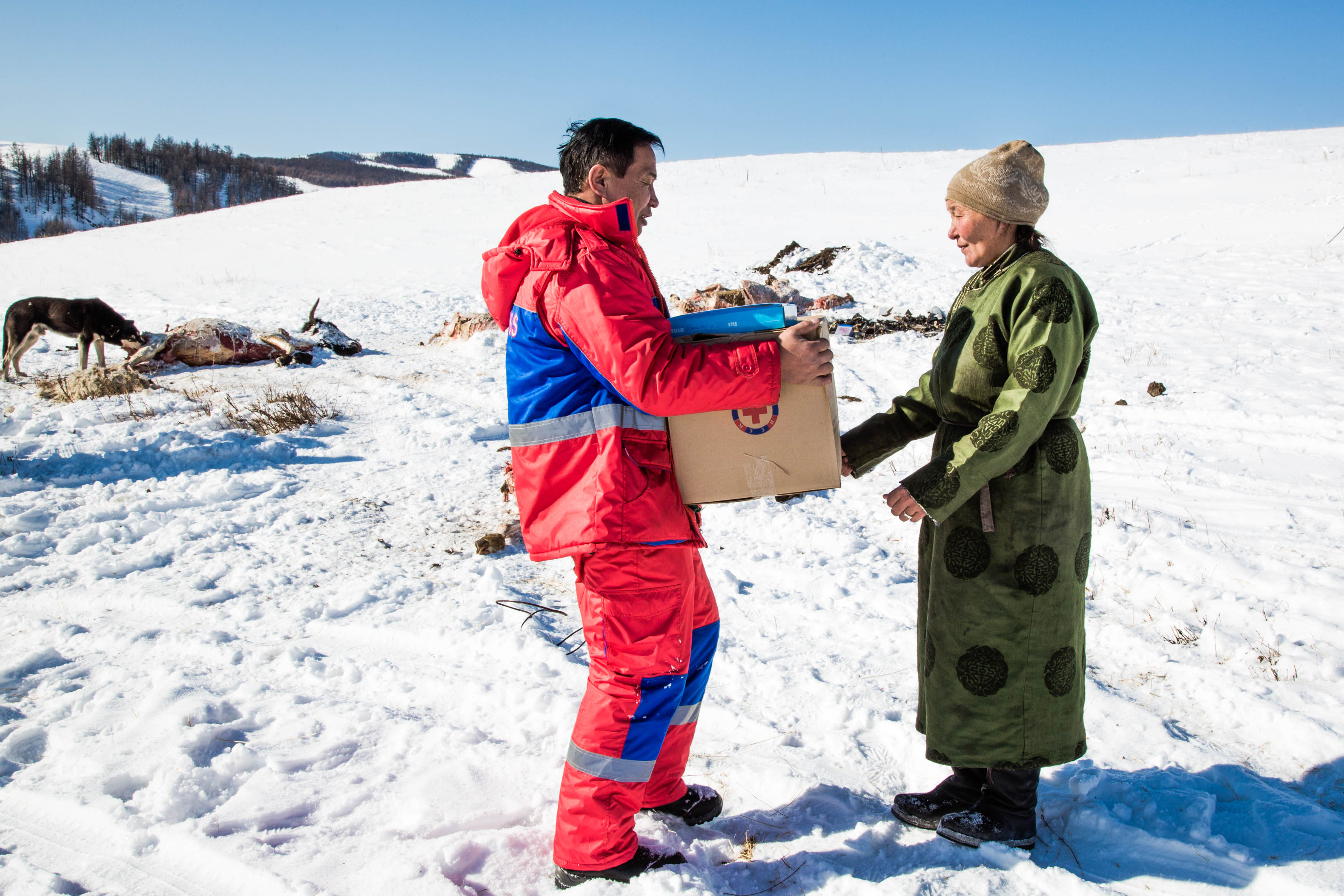
A branch has diverse functions, such as:
Engages, trains, mentors, recognises and protects volunteers, youth, members, and employees, and provides a space in which they can perform, grow and develop.
Identifies needs within communities and ways to respond to these through structured activities and ongoing services, including advocacy, preparedness, responding to and reducing individual and collective vulnerabilities. It is the first point of contact during crisis.
Organises structures and processes to ensure its people are supported to assess, design and deliver services. It provides the interface between the community and the National Society, giving voice to issues most important to communities.
Mobilises financial and in-kind support primarily from local sources. It provides access to regional, national or international resources for emergencies when local resources do not suffice.
Communicates internally and externally and promotes the fundamental principles and values of the Movement. It builds relationships with local institutions, including local authorities, to raise resources and coordinate action.
Learns by reflecting and reviewing its work and adapts its approaches based on this learning.